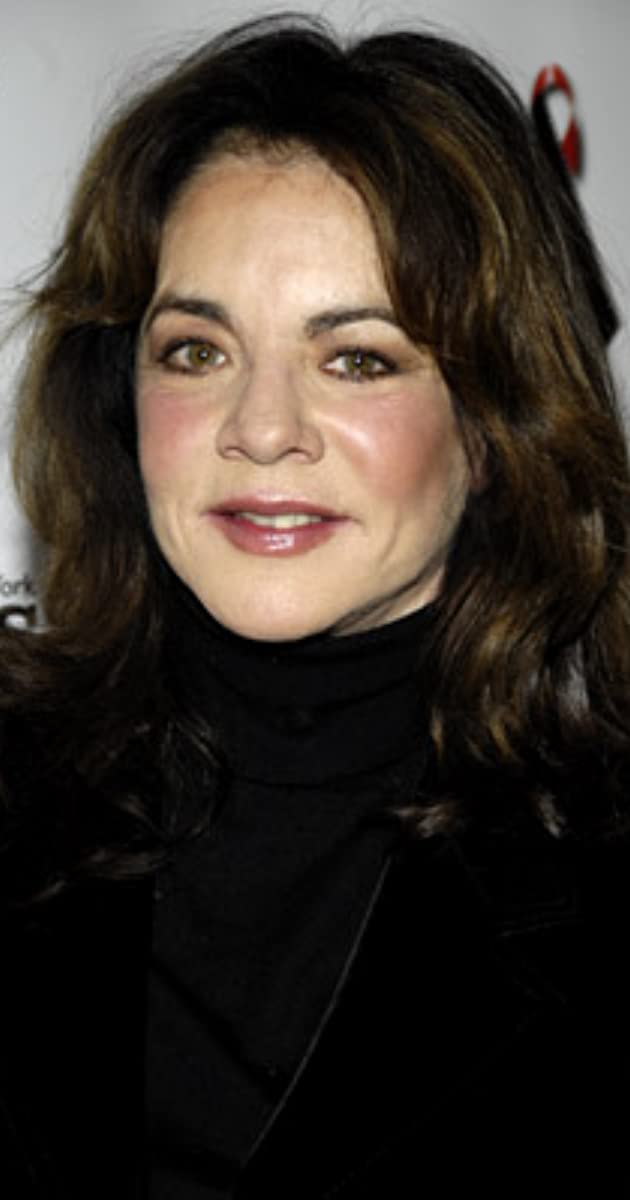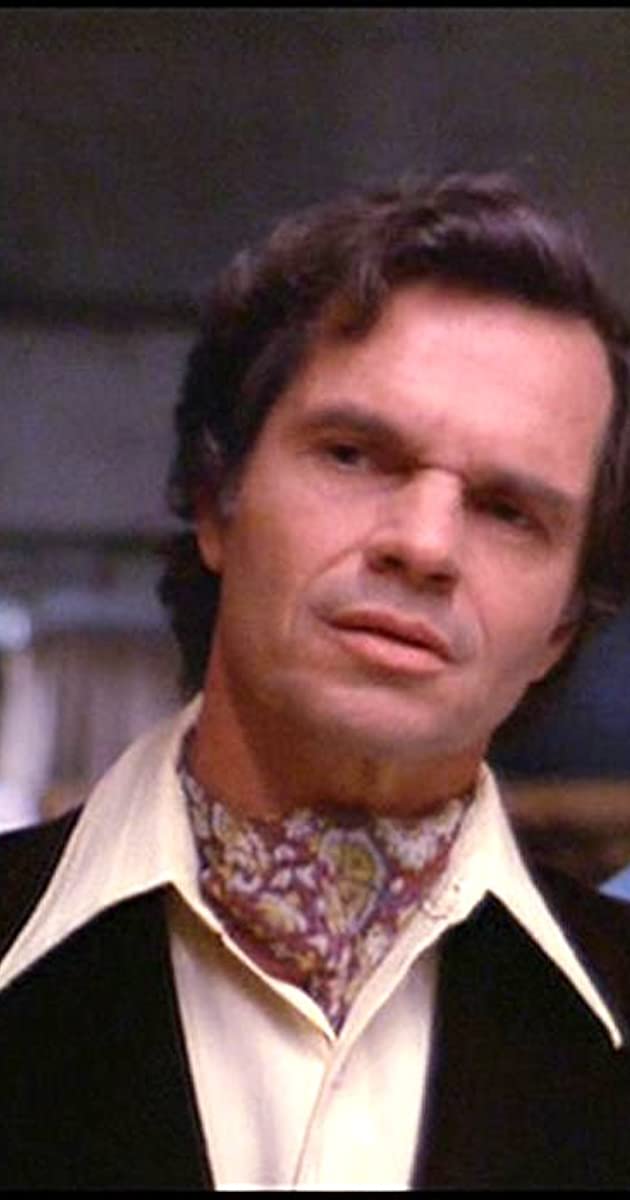
One of Broadway and Hollywood’s cleverer talents who tends to shine a smart, cynical light on her surroundings, Stockard Channing was born Susan Williams Antonia Stockard on February 13, 1944, in New York City, to a Catholic family, with English and Irish ancestry. The daughter of Lester Napier Stockard, a well-to-do shipping executive, and Mary Alice (née English) Stockard, her father died when she was 16 and left her a sizable estate. She grew up in Brooklyn and attended the prolific Chapin School in NYC, then later attended the Madeira School, a Virginia boarding school for girls. She studied at Radcliffe College where she majored in both literature and history before graduating summa cum laude in 1965. In 1964, at the age of 20, she married the first of four husbands, Walter Channing Jr., a businessman whose last name she kept as part of her own stage moniker after their divorce four years later.
Stockard made her stage debut in a production of “The Investigation” at the experimental Theatre Company of Boston in 1966. She went on to play a number of offbeat roles with the company. She eventually migrated to New York where she took her first Broadway bow as a chorus member and understudy in the musical version of “Two Gentlemen of Verona” in 1971. Two years later she would take over the prime role of Julia in the L.A. national company. Other theater roles during this time included “Adaptation/Next” (1970) “Arsenic and Old Lace” (1970), “Play Strindberg” (1971) and “No Hard Feelings” (1973).
Somewhat plaintive yet unique-looking, the dark-haired actress began first appearing in pictures with small parts in the dark comedy The Hospital (1971) and the edgy Barbra Streisand fantasy-drama Up the Sandbox (1972). Taking on the top female lead as an heiress and potential victim of shysters Jack Nicholson and Warren Beatty in Mike Nichols’ comedy The Fortune (1975), the film, despite its male star power, would not become the star-making hit for Channing as initially hoped and Channing. Her next two films (The Big Bus (1976) and Sweet Revenge (1976)) faded away even quicker. Earlier, however, she hit a home with the TV-movie The Girl Most Likely to… (1973), a clever black comedy written by Joan Rivers wherein Stockard played a former ugly duckling-turned-beauty (à la plastic surgery) who knocks off the men who formerly mistreated her. This was Channing at her smart and cynical best, traits that would carry her far in Hollywood.
At the age of 33(!), she was handed the feisty role of high school teen Betty Rizzo in the box-office film version of the hit musical Grease (1978) starring Olivia Newton-John and John Travolta. While long in the tooth for such a role (as were others), Stockard’s sly performance earned her the People’s Choice Awards for Favorite Motion Picture Supporting Actress. This popular film clinched her place as a top-ranking contender.
As a result, she was handed two sitcom vehicles within a year on CBS: Stockard Channing in Just Friends (1979), as a newly-separated wife starting life anew in another city (L.A.), and The Stockard Channing Show (1980), which again cast her as a divorced lady trying to find herself again in L.A. Neither made her a TV star. Both failed to catch on and lasted but a few months. Stalled at a critical juncture in her career, Stockard decided to return to her first love — the theater. With “Vanities”, “Absurd Person Singular” and “As You Like It” (as Rosalind) already on her resume, she earned fine notices on Broadway with the musical “They’re Playing Our Song” replacing Lucie Arnaz in 1980, then garnered rave reviews in the part of the mother of a developmentally disabled child in the New Haven production of Peter Nichols’ “A Day in the Death of Joe Egg” in 1982. She repeated her role on Broadway a few years later (the title now shortened to “Joe Egg”) and copped the 1985 Tony Award for Best Actress in a Play. Subsequent Tony nominations came her way for her offbeat work in “The House of Blue Leaves” (1986); “Six Degrees of Separation” (1991) (for which she also won an Off-Broadway Obie), “Four Baboons Adoring the Sun” (1992); and for her Eleanor of Aquitaine in “The Lion in Winter” in 1999.
Award-worthy projects came her way on TV as well. Nominated for an Emmy for the CBS miniseries Echoes in the Darkness (1987), she also won a CableACE Award for her work in Tidy Endings (1988). In film, she received Oscar and Golden Globe nominations when her stage triumph, Six Degrees of Separation (1993), was turned into a film and also received the London Film Critics Circle Award for Best Actress in the film _Business of Strangers, The (2001).
In 1999, Stockard became a recurring member of the cast of The West Wing (1999) as First Lady Abigail Bartlet. Audiences were so drawn to her shrewd, classy character that producers wisely started featuring her regularly into the third season. In 2002 she won both Emmy and SAG awards for this role, as well as a second Emmy that same year for her supporting turn as Judy Sheppard in The Matthew Shepard Story (2002), a docudrama about the gay-bashing murder of young Matthew Shepard. Stockard thought she finally found sitcom success with the series Out of Practice (2005) and was even Emmy-nominated for her role as a sharp-tongued but caring doctor. As luck would have it, she again couldn’t find a core audience and the show lasted but a mere season.
Stockard continues to excel in sly, worldly roles that combine a dark wit with an even darker cynical edge. True to form, she recently completed a picture aptly titled Multiple Sarcasms (2010). Divorced four times, including one to writer/producer David Debin, she has no children. She has been in a long-term relationship with cinematographer Daniel Gillham since 1988. A sister, Lesly Stockard Smith, became mayor of Palm Beach in 2000.


